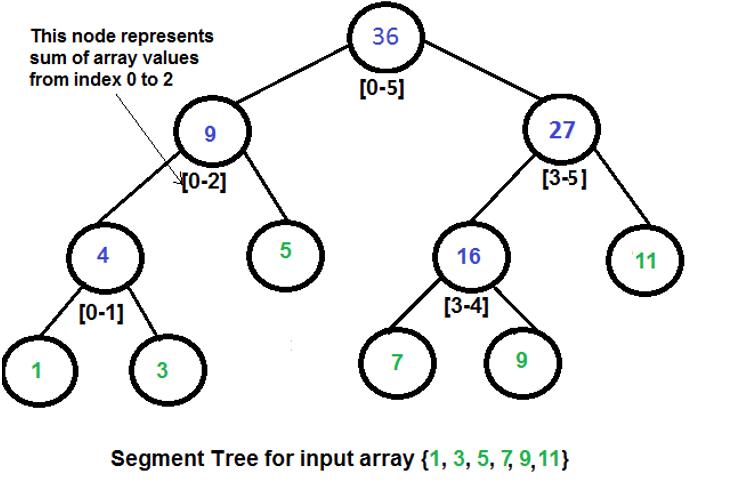|
|
Solve this interesting problemTime Limit: 2000/1000 MS (Java/Others) Memory Limit: 32768/32768 K (Java/Others)Total Submission(s): 1571 Accepted Submission(s): 454
Problem Description
Have you learned something about segment tree? If not, don’t worry, I will explain it for you.
Segment Tree is a kind of binary tree, it can be defined as this: - For each node u in Segment Tree, u has two values: - If - If Here is an example of segment tree to do range query of sum.  Given two integers L and R, Your task is to find the minimum non-negative n satisfy that: A Segment Tree with root node‘s value
Input
The input consists of several test cases.
Each test case contains two integers L and R, as described above.
Output
For each test, output one line contains one integer. If there is no such n, just output -1.
Sample Input
Sample Output
Source
Recommend
|
#include<cstdio>
#include<cmath>
#include<stdlib.h>
#include<map>
#include<set>
#include<time.h>
#include<vector>
#include<queue>
#include<string>
#include<string.h>
#include<iostream>
#include<algorithm>
using namespace std;
#define eps 1e-8
#define INF 0x3f3f3f3f
#define LL long long
#define max(a,b) ((a)>(b)?(a):(b))
#define min(a,b) ((a)<(b)?(a):(b))
LL L, R;
LL flag;
void dfs(LL l, LL r)
{
if((flag && r >= flag)) return ;
if(l == 0)
{
flag == 0 ? flag = r : flag = min(flag, r);
return ;
}
long long t = r - l + 1;
if(t <= l)
{
dfs(l - t - 1, r);
dfs(l - t, r);
dfs(l, r + t - 1);
dfs(l, r + t);
}
}
int main()
{
while(~scanf("%I64d%I64d", &L, &R))
{
flag = 0;
if(R == 0)
printf("0\n");
else
{
dfs(L, R);
if(flag)
printf("%I64d\n", flag);
else
printf("-1\n");
}
}
return 0;
}
版权声明:本文为博主原创文章,未经博主允许不得转载。
原文地址:http://blog.csdn.net/dojintian/article/details/47129753